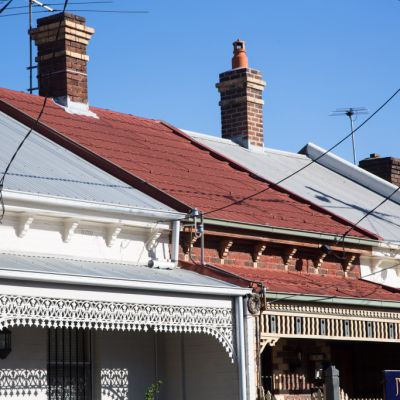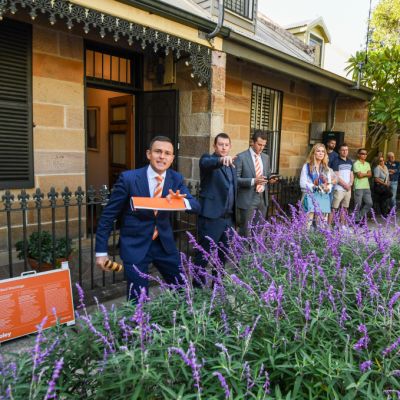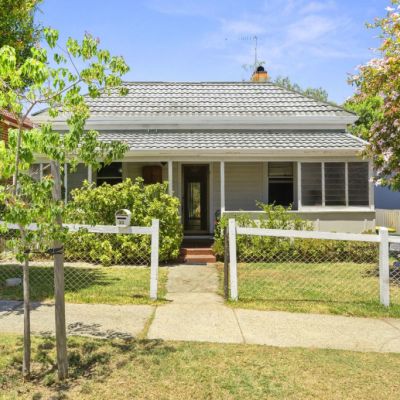This is the easy way to find out how much homes actually sell for
If you’re on the hunt for a property, you want to know how much the home you’re looking for is actually going to cost.
But estimating values can be tricky when the market shifts, the number of properties for sale falls, or the number of buyers competing in each price bracket changes.
Rather than relying on price guides, buyers need to research the prices of recently sold properties that are comparable to the one they’re seeking.
By comparing sold prices and taking into account the different factors that could affect the price — such as size, location, condition, aspect and fitout — you can work out how much your ideal home would cost, as well as how much the property you’re thinking of bidding on this weekend will actually sell for.
For most properties, prices are revealed on the listing after the home has sold, but in some cases the only information available is two of the most frustrating words for house hunters: price withheld.
“There’s a lot of emotions in buying and selling residential real estate, and as much as we would like to publish every single one of our results, the discretion is always based around buyers’ or vendors’ search for privacy,” said real estate agent and Clarke & Humel director Michael Clarke.
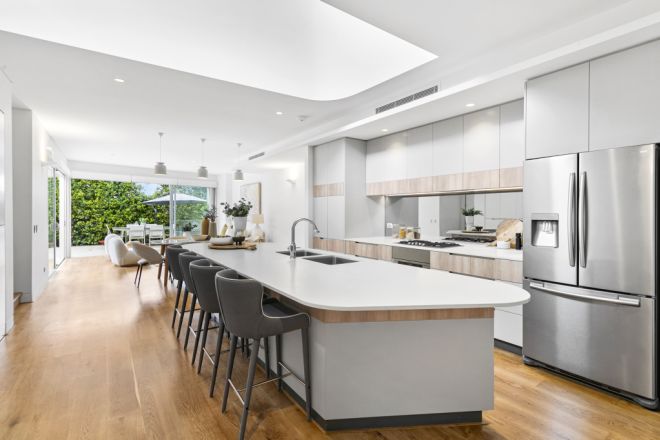
Fortunately, there’s quite a simple trick to get around one of property’s biggest pain points and quickly find out how much properties actually sell for: ask the agent.
“The best thing to do is to give the agent a call,” said Marshall White Bayside agent Matthew Pillios, who estimates that 80 per cent of his clients request the price to be withheld. “They will definitely give an indication.”
I recently phoned 10 agents in my local area and asked them for the sale prices of properties with prices withheld. Seven agents told me the exact figure, two provided a narrow range and only one declined to answer at the vendor’s request. It’s a small sample size, but a 90 per cent success rate is not bad.
It’s not in agents’ interest to intentionally give buyers misleading information, because prices become public knowledge when documents are lodged at settlement, typically six weeks after the home is sold.
“I always personally encourage people to disclose the price because the price gets out there eventually,” says Buxton Hampton East director and auctioneer Noel Susay. “You can’t hide the price forever.”
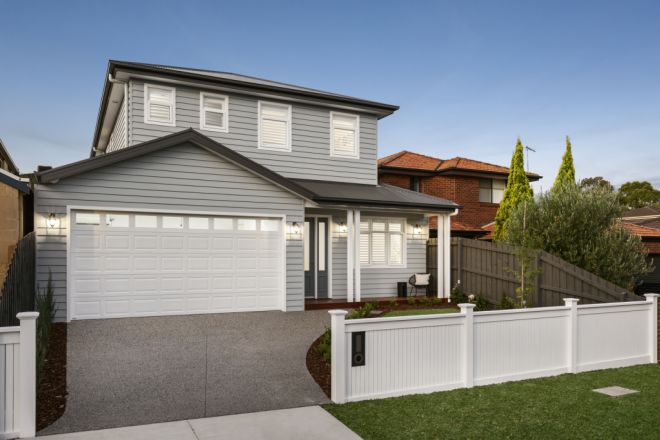
An enquiry from a buyer who is ready to purchase would be music to an agent’s ears, as the exchange of information can work both ways.
Buyers can find out the sale price of a home before it’s publicly available, while agents can find out more about the buyer so they know who to contact when they have a matching home for sale.
By picking up the phone and talking to agents, you’ll get the full picture of the most current prices in your local property market, which is critical when it comes to making an offer or bidding at auction.
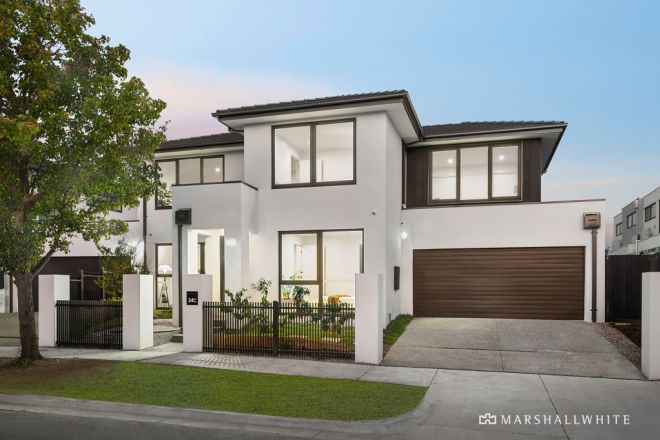
You’ll also likely be on that agent’s contact list forever, but that’s not a bad thing, because they can potentially give you the inside scoop on homes that haven’t even hit the market yet.
Agents work for, and get paid by vendors, but buyers can still use them as a source of local knowledge and expertise. And if you’re selling a property to buy your next home, having an existing relationship with an experienced agent can make that process easier.
So, if you’re a buyer who’s serious about finding a home, you’ll have a much easier time navigating the market if you think of your local agent less as an adversary and more as a valuable resource who’s just a phone call away.
We recommend
States
Capital Cities
Capital Cities - Rentals
Popular Areas
Allhomes
More
